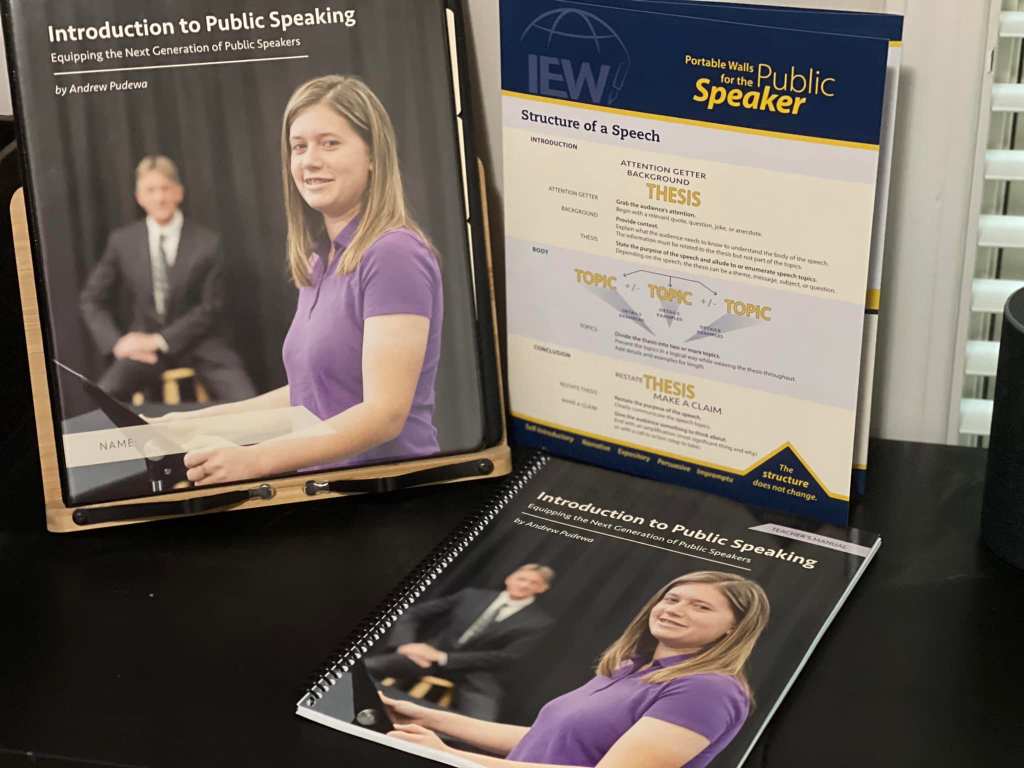Confident Orators: Home Schooling Public Speaking Skills

Confident Orators: Home Schooling Public Speaking Skills
Public speaking is a crucial skill that extends beyond the classroom, and home schooling provides an ideal environment for nurturing confident orators. In this article, we’ll explore the significance of incorporating public speaking into your home schooling curriculum and share effective strategies to help your students become skilled communicators.
The Importance of Public Speaking Skills
Public speaking skills are essential for success in various aspects of life. From presenting ideas in professional settings to confidently expressing oneself in social situations, effective communication is a valuable asset. Home schooling offers a unique opportunity to prioritize and tailor the development of public speaking skills to each student’s needs.
Building Confidence Through Public Speaking
One of the primary benefits of integrating public speaking into home schooling is the opportunity to build confidence. Regular practice in a supportive environment allows students to overcome stage fright, develop a strong presence, and learn how to articulate their thoughts with assurance. These skills contribute to increased self-esteem and a sense of empowerment.
Tailoring Public Speaking to Individual Learning Styles
Home schooling allows for a personalized approach to education, and the same applies to public speaking. Recognize and cater to each student’s individual learning style. Whether through debates, speeches, or presentations, adapting the format to suit diverse preferences ensures that public speaking becomes an enjoyable and effective learning experience.
Incorporating Public Speaking Across Subjects
Integrate public speaking seamlessly into various subjects to enhance overall communication skills. Whether it’s presenting a history project, participating in a science debate, or delivering a literary analysis, connecting public speaking to academic subjects encourages students to apply their communication skills in context.
Practical Exercises for Effective Communication
Engage in practical exercises to reinforce effective communication skills. Role-playing, impromptu speaking, and mock presentations are valuable tools. These exercises not only sharpen public speaking abilities but also help students think on their feet, organize thoughts coherently, and respond to unexpected situations with confidence.
Utilizing Technology for Virtual Presentations
Take advantage of technology to incorporate virtual presentations into the curriculum. Virtual platforms provide an opportunity for students to practice public speaking in a format increasingly prevalent in the professional world. Delivering virtual presentations enhances adaptability and comfort with diverse communication mediums.
Constructive Feedback for Growth
Provide constructive feedback as an integral part of the learning process. Encourage peer evaluations and self-reflection to enhance self-awareness. Constructive feedback helps students identify strengths and areas for improvement, fostering continuous growth in their public speaking abilities.
Public Speaking Clubs and Community Involvement
Create a sense of community by forming public speaking clubs or involving students in local speaking events. Participation in such groups offers exposure to diverse perspectives, opportunities for collaborative learning, and a chance to apply public speaking skills in real-world scenarios.
Showcasing Achievements Through Public Speaking Events
Organize public speaking events within the home schooling community to showcase students’ achievements. These events not only provide a platform for students to demonstrate their skills but also create a supportive environment that celebrates






